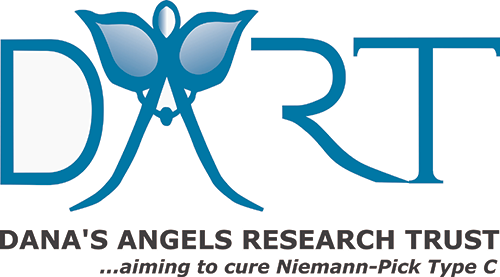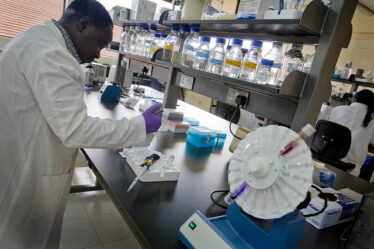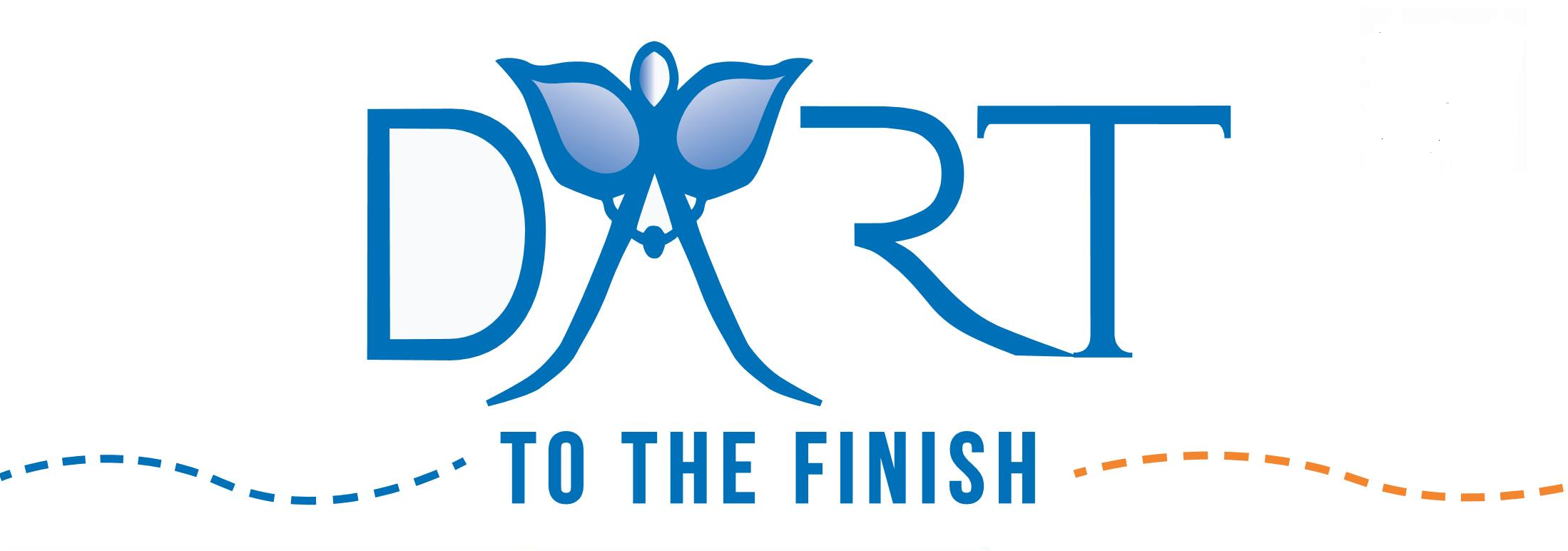Identifying Rare Diseases In Newborns: Broader Screening For Better Outcomes
News provided by Montefiore Health System
NEW YORK, Oct. 8, 2019 /PRNewswire/ — Pediatric genetic expert Dr. Melissa Wasserstein has been awarded $3.2 million from the National Institutes of Health (NIH) to conduct the most expansive consented pilot newborn screening study in the country, known as ScreenPlus. Newborn babies are currently screened for between 30 to 50 disorders depending on their state. Dr. Wasserstein and New York State Newborn Screening Program colleagues Drs. Joe Orsini and Michele Caggana will offer parents at eight New York hospitals the option to have their babies screened for an additional 13 disorders. Samples from approximately 150,000 ethnically diverse babies across New York State will be screened at the Wadsworth Center, New York State’s public health laboratory. The results of the study will provide critical information about whether these disorders should be added to routine newborn screening panels nationwide.
“Rare diseases that are serious and even life-threatening can be difficult to diagnose, and often families go from specialist to specialist trying to find answers,” said Dr. Wasserstein, chief of Pediatric Genetic Medicine at the Children’s Hospital at Montefiore and professor of Pediatrics and of Genetics at Albert Einstein College of Medicine. “Newborn screening enables us to diagnose problems early, and connect families with medical experts who can start treatment as soon as possible, leading to better health outcomes.”
Routine newborn screening is a public health service that has helped improve children’s health since the 1960s. When a baby is born, a small drop of blood taken from the heel is sent to a lab where it is tested for rare diseases such as cystic fibrosis and sickle cell anemia. Over the years many diseases have been added to the routine panel. But there are additional genetic disorders where detection at birth could improve outcomes. Pilot newborn screens like ScreenPlus are the ideal way to evaluate if the clinical benefit of screening for additional diseases outweighs the risks. Now, Dr. Wasserstein will lead the largest multi-disorder study to date, to determine which other rare diseases should be screened for at birth and how to make the screening test as accurate as possible.
In addition to the NIH grant, ScreenPlus is also funded through a unique cost-sharing collaboration between academia, several leading pharmaceutical companies focused on treating rare diseases, and the Firefly Fund NPC Newborn Screening Workgroup, which runs a diverse multi-stakeholder* initiative.
Another unique aspect of ScreenPlus is its focus on evaluating novel ethical concerns. As the technical ability to screen newborns grows exponentially, new questions have arisen, such as whether it is beneficial to screen newborns for diseases that might not present until adulthood. Working with co-investigator Dr. Aaron Goldenberg, Vice-Chair and Director of Research for the Department of Bioethics at the Case Western Reserve University School of Medicine, ScreenPlus will include thousands of parents in these discussions using a series of surveys and qualitative interviews to provide invaluable information to doctors and scientists about the impact newborn screening has on families. Ultimately, it will ensure that parents’ opinions are incorporated into the development of ethically sensitive newborn screening policies.
“By identifying babies with complex disorders as early as possible, we have the opportunity to provide FDA-approved treatments or connect them to clinical trials that offer promising treatments,” said Dr. Wasserstein. “We believe ScreenPlus will add to the scientific body of knowledge about newborn screening but also, importantly, will offer hope to families for their children’s future.”
*Firefly Fund’s Niemann Pick Type C Newborn Screening Initiative consists of the following community supporters: Ara Parseghian Medical Research Fun (APMRF); Dana’s Angel’s Research Trust (DART); Hide and Seek Foundation; Hope for Marian; International Niemann Pick Disease Alliance (INPDA); Jonathan’s Dreams; Kure for Kamryn; Niemann Pick Australia; Niemann Pick Canada; Niemann Pick Switzerland, National Niemann Pick Disease Foundation (NNPDF); Niemann Pick UK; Support of Accelerated Research for Niemann Pick Type C (SOAR); Together Strong-NPC and the following industry supporters: Amicus Therapeutics; E-Scape Bio; IntraBio; Mallinckrodt Pharmaceuticals; Orphazyme; and Stride-Bio
About Montefiore Health System
Montefiore Health System is one of New York’s premier academic health systems and is a recognized leader in providing exceptional quality and personalized, accountable care to approximately three million people in communities across the Bronx, Westchester and the Hudson Valley. It is comprised of 10 hospitals, including the Children’s Hospital at Montefiore, Burke Rehabilitation Hospital and more than 200 outpatient ambulatory care sites. The advanced clinical and translational research at its medical school, Albert Einstein College of Medicine, directly informs patient care and improves outcomes. From the Montefiore-Einstein Centers of Excellence in cancer, cardiology and vascular care, pediatrics, and transplantation, to its preeminent school-based health program, Montefiore is a fully integrated healthcare delivery system providing coordinated, comprehensive care to patients and their families. For more information please visit www.montefiore.org. Follow us on Twitter and view us on Facebook and YouTube.


